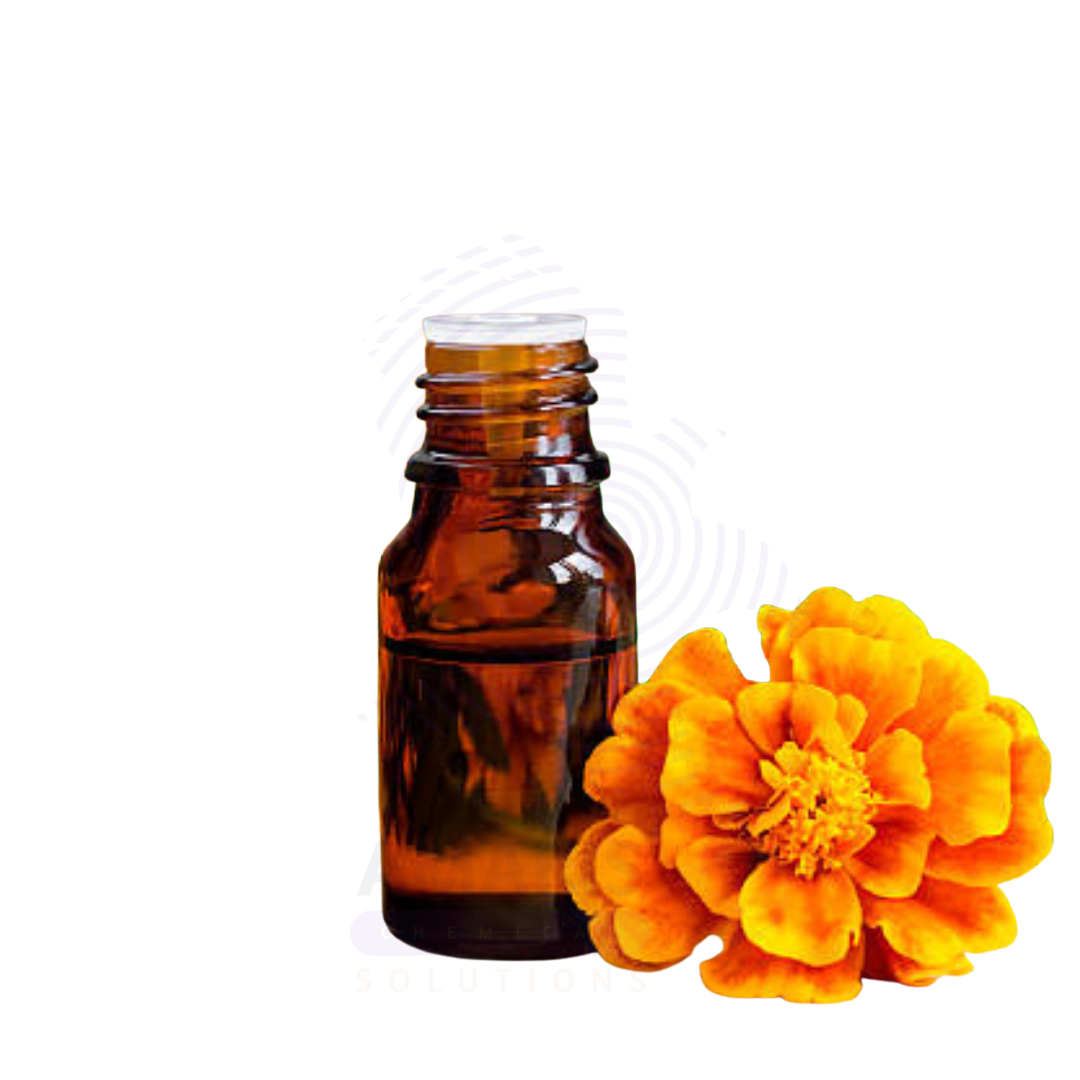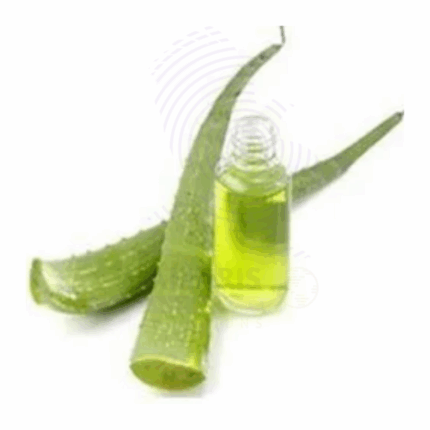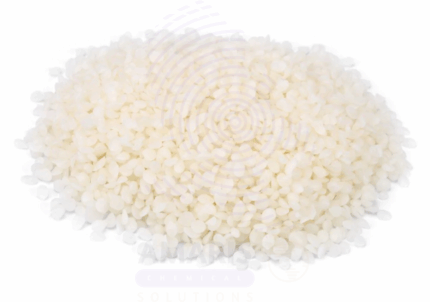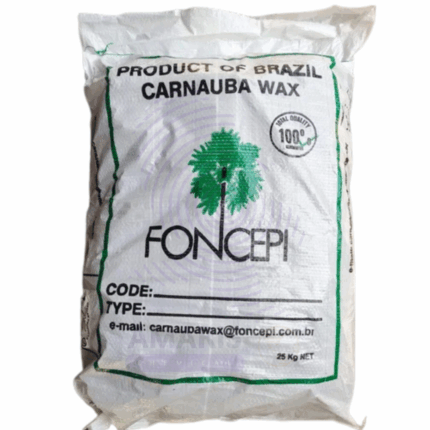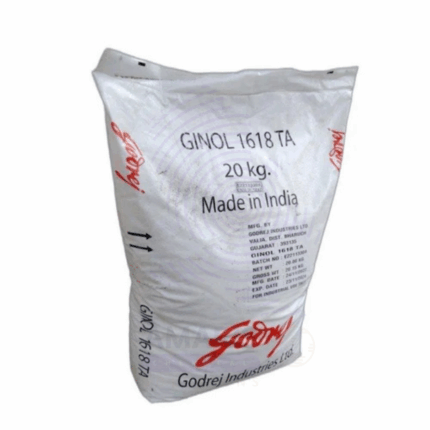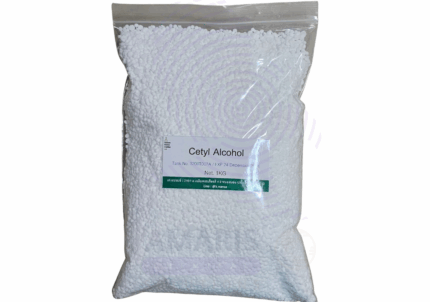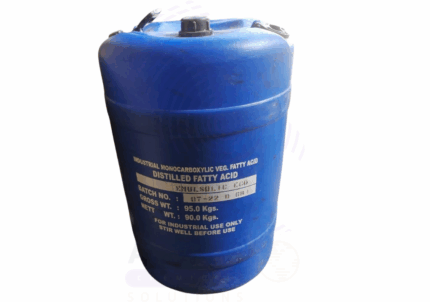Marigold Seed Oil
Whatsapp Order
Marigold Seed Oil is a cold-pressed oil extracted from the seeds of Calendula officinalis. It is known for its rich content of carotenoids, vitamin E, and essential fatty acids. This oil has a light, nutty aroma and a golden-yellow color. It is prized for its soothing, anti-inflammatory, and skin-conditioning properties. Marigold Seed Oil is widely used in cosmetic formulations, natural skincare products, and therapeutic balms.
Category: Emollients
Tags: Anti-inflammatory agent, Botanical Oil, Marigold Seed Oil, Natural Emollient, Skin Soothing Oil
Description
Table of Contents
Toggle
Marigold Seed Oil
Primary Uses
- Cosmetics and Personal Care
- Used in lotions, creams, and serums for skin soothing and antioxidant benefits.
- Incorporated into body oils and massage blends to enhance skin conditioning.
- Added to lip care products for moisturizing and protective effects.
- Included in facial masks and balms for calming irritated skin.
- Pharmaceuticals
- Used in topical formulations for its anti-inflammatory and wound-healing properties.
Secondary Uses
- Hair Care Products
- Added to shampoos and conditioners for scalp health and hair nourishment.
- Pet Care Products
- Included in soothing balms for pets’ skin irritations and minor wounds.
KEY PRODUCT FEATURES
1. Basic Identification Attributes
- Botanical Name: Calendula officinalis
- Common/Trade Name: Marigold Seed Oil
- INCI Name: Calendula Officinalis Seed Oil
- CAS Number: 84603-93-0
- HS Code: 1515.90
2. Physical & Chemical Properties
- Physical State: Liquid oil
- Color & Odor: Golden-yellow; mild, nutty aroma
- Solubility: Insoluble in water; soluble in oils and alcohol
3. Safety & Hazard Attributes
- GHS Classification: Not classified as hazardous
- Toxicity: Non-toxic and safe for topical use
4. Storage & Handling Attributes
- Storage Conditions: Store in a cool, dark place away from direct sunlight
- Container Type: Amber glass bottles or food-grade containers
- Shelf Life: 12 to 24 months under proper storage
5. Regulatory & Compliance Attributes
- Compliant with cosmetic regulations (EU, FDA, ASEAN)
- Produced in GMP-compliant facilities
6. Environmental & Health Impact
- Biodegradability: Biodegradable under normal environmental conditions
- Ecotoxicity: Low environmental impact
SAFETY HANDLING PRECAUTIONS
Safety Handling Precautions
- PPE Required: Gloves recommended during handling in bulk
- Handling Guidelines: Avoid direct contact with eyes and mucous membranes
First Aid Measures
- Inhalation: Move to fresh air; seek attention if dizziness or irritation occurs
- Skin Contact: Rinse with mild soap and water; discontinue if rash develops
- Eye Contact: Rinse thoroughly with clean water for several minutes
- Ingestion: Not intended for ingestion; seek medical attention immediately
Firefighting Measures
- Fire Hazards: Flammable; keep away from open flames and heat sources
- Extinguishing Media: CO₂, dry chemical, or foam
- Special Precautions: Use protective equipment; avoid inhaling vapors
- Hazardous Combustion Products: May release CO₂, CO, and other organic vapors
Related products
Aloe Vera Oil
Aloe Vera Oil is an oil-based extract derived by infusing Aloe vera (Aloe barbadensis) leaves into a carrier oil such as coconut, soybean, or sunflower oil. It captures the beneficial compounds of aloe—including polysaccharides, vitamins, enzymes, and amino acids—in an oil-soluble form ideal for cosmetic, therapeutic, and personal care applications. Known for its soothing, anti-inflammatory, and moisturizing properties, Aloe Vera Oil is widely used in skin and hair care formulations.
This gentle, skin-friendly oil is suitable for sensitive skin and is commonly employed in after-sun products, healing ointments, massage oils, and anti-aging creams. It provides hydration, calms irritation, and promotes skin regeneration while adding emollient and conditioning benefits.
Avocado Wax
Avocado wax is a natural plant-derived wax extracted primarily from the pulp and seed of the avocado fruit (Persea americana). It appears as a hard, yellowish wax with excellent emollient, film-forming, and moisturizing properties. Valued for its biodegradability, compatibility with various formulations, and sustainability, avocado wax is widely used as a natural alternative to synthetic waxes in cosmetics, pharmaceuticals, food, and industrial applications.
Carnauba Wax
Carnauba Wax is a natural vegetable wax obtained from the leaves of the Copernicia prunifera palm tree, native to northeastern Brazil. It appears as a hard, brittle, yellow to brownish-yellow wax with a faint, characteristic odor. Known as the “queen of waxes,” Carnauba Wax is prized for its exceptionally high melting point, glossy finish, and excellent hardness. It is a premium wax widely used in cosmetics, food, pharmaceuticals, automotive, and industrial applications as a natural, biodegradable alternative to synthetic waxes. Its film-forming, emulsifying, and protective properties make it highly versatile for use in coatings, polishes, and skincare products.
Ceto Stearyl Alcohol
Ceto Stearyl Alcohol 1618TA is a high-quality fatty alcohol blend primarily composed of cetyl (C16) and stearyl (C18) alcohols. It appears as a white, waxy solid or flakes with a mild fatty odor. This blend is widely used as an emollient, thickener, and co-emulsifier in cosmetic, pharmaceutical, and industrial formulations. Ceto Stearyl Alcohol 1618TA offers excellent lubricity, thickening, and stabilizing properties, enhancing the texture, consistency, and moisturizing characteristics of creams, lotions, and hair care products. It serves as a skin conditioning agent and contributes to the structural integrity of emulsions.
Cetyl Stearyl Alcohol (CSA)
Cetyl Stearyl Alcohol (CSA), also known as Cetearyl Alcohol, is a blended fatty alcohol consisting primarily of cetyl (C16) and stearyl (C18) alcohols. It appears as white to pale yellow waxy flakes or pellets with a mild fatty odor. CSA is widely used in cosmetics, pharmaceuticals, and personal care products as an emollient, thickener, and co-emulsifier. It enhances texture, improves stability, and provides a smooth, velvety skin feel in formulations. Being a non-ionic surfactant, it also aids in stabilizing oil-in-water emulsions and is favored for its gentle nature on the skin and hair.
Fatty Acid
Fatty acids are a group of carboxylic acids consisting of long aliphatic chains, which can be either saturated or unsaturated. They are typically derived from natural fats and oils through hydrolysis or saponification and appear as colorless to pale yellow liquids or solids depending on the chain length and degree of saturation. Fatty acids are fundamental building blocks in biochemistry and industrial chemistry, serving as raw materials in the manufacture of soaps, detergents, lubricants, cosmetics, plastics, and food additives. Their amphiphilic nature—containing both hydrophilic (carboxyl group) and hydrophobic (alkyl chain) components—makes them versatile for various chemical and industrial applications.
Jojoba Wax
Jojoba Wax is a natural, golden-yellow to amber-colored wax ester extracted from the seeds of the jojoba plant (Simmondsia chinensis). Unlike traditional vegetable oils, jojoba wax is chemically a liquid wax, known for its excellent stability, moisturizing properties, and similarity to human sebum. It is odorless or mildly nutty and is widely used in cosmetics, personal care, and pharmaceutical applications as an emollient, thickener, and skin conditioning agent.
Olive Butter
Olive Butter is a natural, creamy, and rich emollient derived from cold-pressed olive oil combined with other natural butters (such as shea or cocoa butter) to create a luxurious skin-conditioning product. It is prized for its deep moisturizing, antioxidant-rich, and soothing properties, making it a popular ingredient in skincare, haircare, and cosmetic formulations. Olive Butter enhances skin elasticity, provides nourishment, and forms a protective barrier against environmental stressors.


 Preservatives(food)
Preservatives(food) Flavor Enhancers
Flavor Enhancers Acidulants
Acidulants Sweeteners
Sweeteners Antioxidants
Antioxidants Colorants(food)
Colorants(food) Nutraceutical Ingredients (food)
Nutraceutical Ingredients (food) Nutrient Supplements
Nutrient Supplements Emulsifiers
Emulsifiers
 Collectors
Collectors Dust Suppressants
Dust Suppressants Explosives and Blasting Agents
Explosives and Blasting Agents Flocculants and Coagulants
Flocculants and Coagulants Frothers
Frothers Leaching Agents
Leaching Agents pH Modifiers
pH Modifiers Precious Metal Extraction Agents
Precious Metal Extraction Agents
 Antioxidants(plastic)
Antioxidants(plastic) Colorants (Pigments, Dyes)
Colorants (Pigments, Dyes) Fillers and Reinforcements
Fillers and Reinforcements Flame Retardants
Flame Retardants Monomers
Monomers Plasticizers
Plasticizers Polymerization Initiators
Polymerization Initiators Stabilizers (UV, Heat)
Stabilizers (UV, Heat)
 Antifoaming Agents
Antifoaming Agents Chelating Agents
Chelating Agents Coagulants and Flocculants
Coagulants and Flocculants Corrosion Inhibitors
Corrosion Inhibitors Disinfectants and Biocides
Disinfectants and Biocides Oxidizing Agents
Oxidizing Agents pH Adjusters
pH Adjusters Scale Inhibitors( water)
Scale Inhibitors( water)
 Antioxidants(cosmetic)
Antioxidants(cosmetic) Emollients
Emollients Fragrances and Essential Oils
Fragrances and Essential Oils Humectants
Humectants Preservatives
Preservatives Surfactants(cosmetic)
Surfactants(cosmetic) Thickeners
Thickeners UV Filters
UV Filters
 Fertilizers
Fertilizers Soil Conditioners
Soil Conditioners Plant Growth Regulators
Plant Growth Regulators Animal Feed Additives
Animal Feed Additives Biostimulants
Biostimulants Pesticides (Herbicides, Insecticides, Fungicides)
Pesticides (Herbicides, Insecticides, Fungicides)
 Active Pharmaceutical Ingredients (APIs)
Active Pharmaceutical Ingredients (APIs) Excipients
Excipients Solvents(pharmaceutical)
Solvents(pharmaceutical) Antibiotics
Antibiotics Antiseptics and Disinfectants
Antiseptics and Disinfectants Vaccine Adjuvants
Vaccine Adjuvants Nutraceutical Ingredients (pharmaceutical)
Nutraceutical Ingredients (pharmaceutical) Analgesics & Antipyretics
Analgesics & Antipyretics
 Analytical Reagents
Analytical Reagents Solvents(lab)
Solvents(lab) Chromatography Chemicals
Chromatography Chemicals Spectroscopy Reagents
Spectroscopy Reagents microbiology-and-cell-culture-reagents
microbiology-and-cell-culture-reagents Molecular Biology Reagents
Molecular Biology Reagents Biochemical Reagents
Biochemical Reagents Inorganic and Organic Standards
Inorganic and Organic Standards Laboratory Safety Chemicals
Laboratory Safety Chemicals Specialty Laboratory Chemicals(Special Laboratory Equipment)
Specialty Laboratory Chemicals(Special Laboratory Equipment)
 Demulsifiers
Demulsifiers Hydraulic Fracturing Fluids
Hydraulic Fracturing Fluids Scale Inhibitors(oil)
Scale Inhibitors(oil) Surfactants(oil)
Surfactants(oil) Drilling Fluids
Drilling Fluids
 Dyes and Pigments
Dyes and Pigments Bleaching Agents
Bleaching Agents Softening Agents
Softening Agents Finishing Agents
Finishing Agents Antistatic Agents
Antistatic Agents
 Admixtures
Admixtures Waterproofing Agents
Waterproofing Agents Sealants and Adhesives
Sealants and Adhesives Curing Compounds
Curing Compounds Concrete Repair Chemicals
Concrete Repair Chemicals Anti-Corrosion Coatings
Anti-Corrosion Coatings
 Surfactants(cleaning)
Surfactants(cleaning) Builders
Builders Enzymes
Enzymes Solvents (Cleaning)
Solvents (Cleaning) Fragrances
Fragrances
 Electronic Chemicals
Electronic Chemicals Catalysts
Catalysts Lubricants
Lubricants Photographic Chemicals
Photographic Chemicals Refrigerants
Refrigerants Automotive chemicals
Automotive chemicals Pyrotechnic Chemicals
Pyrotechnic Chemicals
 Biodegradable Surfactants
Biodegradable Surfactants Bio-based Solvents
Bio-based Solvents Renewable Polymers
Renewable Polymers Carbon Capture Chemicals
Carbon Capture Chemicals Wastewater Treatment Chemicals
Wastewater Treatment Chemicals
 Pigments
Pigments Solvents(paint)
Solvents(paint) Specialty Coatings
Specialty Coatings Binders/Resins
Binders/Resins Additives
Additives Driers
Driers Anti-Corrosion Agents
Anti-Corrosion Agents Functional Coatings
Functional Coatings Application-Specific Coatings
Application-Specific Coatings
 Leavening Agents
Leavening Agents Dough Conditioners
Dough Conditioners Flour Treatments
Flour Treatments Fat Replacers
Fat Replacers Decoratives
Decoratives Preservatives(baking)
Preservatives(baking)
 Plasticizers & Softeners
Plasticizers & Softeners Reinforcing Agents
Reinforcing Agents Adhesion Promoters
Adhesion Promoters Vulcanizing Agents
Vulcanizing Agents Antidegradants
Antidegradants Blowing Agents
Blowing Agents Fillers & Extenders
Fillers & Extenders Accelerators & Retarders
Accelerators & Retarders